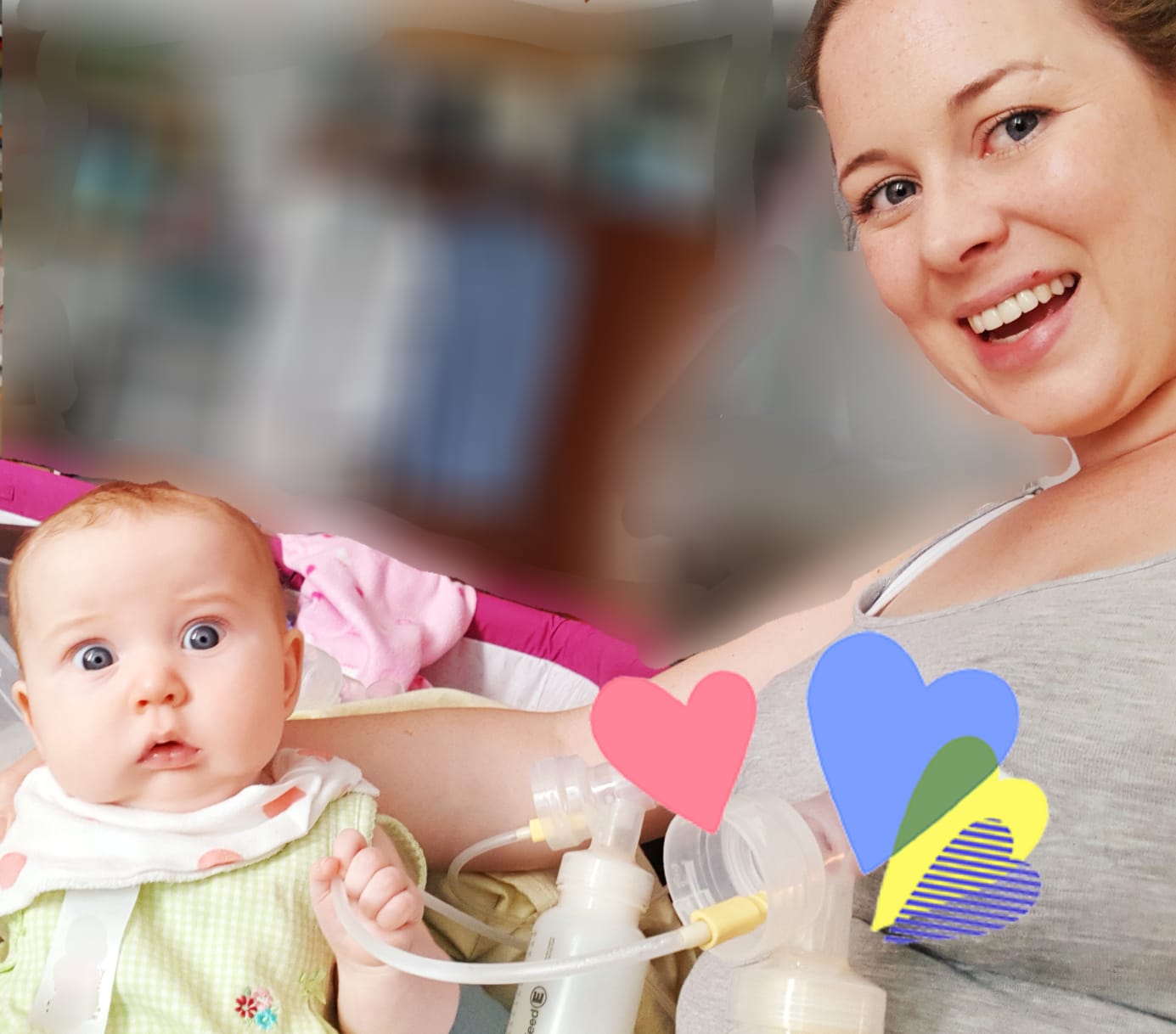Moved over to main website blog:Begin your pelvic floor rehab
/Hi to all the wonderful families connecting with Doulacare Ireland. My name is Louise Murphy and I’m a doula and a physiotherapist specialising in pelvic health.
With the current Covid19 emergency, I’m really conscious that many women in Ireland at the moment won’t have access to pelvic health physiotherapy. This is obviously particularly difficult if you have an acute issue like a large tear after your baby's birth or urinary or bowel leakage or urgency.
So I wanted to reach out to share some tips on how to manage these problems and begin your pelvic floor rehab.
Try not to panic. Not getting to your physiotherapist immediately doesn’t mean that things will necessarily get worse or never improve. If you have a lot of urgency or urge incontinence (leaking as you rush to the toilet), going to the toilet regularly (about every 2 hours) is advisable. This makes sure that the bladder isn’t over filling and overflowing.
Keep any stitches dry and clean. Don’t apply anything to them except water. Rinse the area or sit in a shallow bath after using the toilet and gently pat the area dry.
For the dreaded bowel movements:
Take advantage of the gastrocolic reflex. This reflex means you’re most likely to have a bowel movement if you go to the toilet half an hour after breakfast, regardless whether you feel an urge or not. Try to make this part of your routine.
Take your time. We all know how it is with a new baby – we run into the bathroom, sit down and push out the pee as fast as we can to get back to our (usually crying) as quickly as possible. So I want you to take your baby with you. Maybe in a bouncer or moses basket or even in a wrap if you have to. Aim to spend 5-7 minutes sitting on the toilet to allow things to happen.
Use the correct position on the toilet. We are designed so that our bowels empty best in a squatting position so feet up on a stool, lean forwards, elbows on knees and entertain your baby, read a book or just enjoy some quiet time!
Use your hand wrapped in tissue to support any stitches if it hurts to them to empty the bowel.
Take any laxative prescribes for you, hydrate well and eat healthily.
Start some pelvic floor rehab. I usually start this by making sure my patients can breathe well and have some awareness of their pelvic floor muscles and what they’re doing. This sounds simple but many, many people find this bit the most difficult part of their rehab.
Breathing
So make sure that you can do:
Upper chest breathing – hand on your upper chest and breathe in so that your chest rises towards your chin.
Lateral (rib) breathing – hand on the ribs on each side and breathe in so that your hands move outwards on your ribs.
Abdominal breathing – one hand on your chest and one on your tummy. Breathe in and concentrate on allowing your tummy to move outwards while minimising movement in your chest.
If you learn better from observing, just pop the different types of breathing into YouTube and lots of demo videos will come up.
Practice these different types of breathing in different positions – lying, sitting, standing and practice being more mindful about how you normally breathe.
Awareness
Once you’ve got the breathing mastered and can do it without having to concentrate too much, I normally move my patients on to working on their awareness. So while practicing your different types of breathing, pay attention to what’s happening with the pelvic floor.
Just paying attention to begin with. At first you might not really notice anything but stick with it.
Look out for:
What the pelvic floor feels like when you breathe in.
What it feels like when you breathe out.
What are your tummy muscles doing?
What’s your bum up to? Nothing? Tightening? Relaxed?
Ideally, we want you to be able to feel a subtle release of the pelvic floor as you breathe in and a gentle (not conscious) tighten or lift as you breathe out.
If you’re aware of this happening, you’re ready to move on to co-ordination.
This is pretty simple but takes practice. So:
Breathe in slowly
Begin to breathe out
Add a gentle pelvic floor squeeze as you continue to breathe out
Release
You should be able to feel the squeeze and also the release. If you can’t feel the release, let you a little sooner as your muscle may not yet be strong enough to hold for the full breath out.
Repeat this 5-10 times a few times a day. If you can, make your squeeze a little bit smaller with each repetition. This improves your control and sensation and reduces squeezing of the other muscles around the area which we want to keep to a minimum.
If you’ve got as far as this, you’re doing great! Keep working on these exercises in different positions and improving your control and sensation.
If you’re struggling, please don’t feel alone. I’m available through Doulacare Ireland for a chat and will get back to you as soon as I possibly can. There are some online resources available to you that might also help and I’m linking to them below.
My online course: https://mindingmums.teachable.com/p/resetting-your-pelvic-floor (Coupon Code MARCH2020 for 30% off)
Free online Womens Health After Motherhood course:
https://www.futurelearn.com/courses/womens-health-after-motherhood
Videos from the Rotunda Physiotherapy Department:
https://rotunda.ie/knowledgebase/physiotherapy/
This link is about constipation and while you might not necessarily be constipated, a lot of the same information applies:
https://www.evidentlycochrane.net/feet-up-constipation/
Some information about dealing with bladder urgency:
https://www.ucsfhealth.org/education/bladder-training
Some physiotherapists are also doing virtual consultations for clients so chevk in with your local physio to see if they’re able to facilitate this for you.
Good luck,
Louise x
Many thanks to Louise for putting this blog together. You can read more about the support Louise offers here https://www.doulacare.ie/louise-murphy













